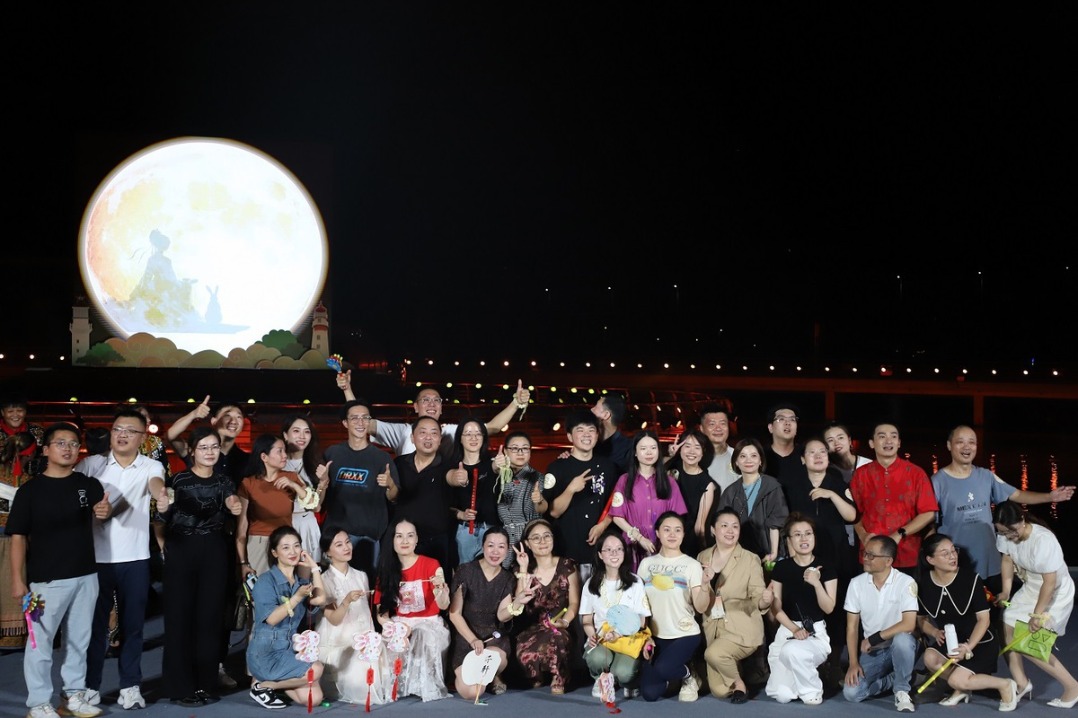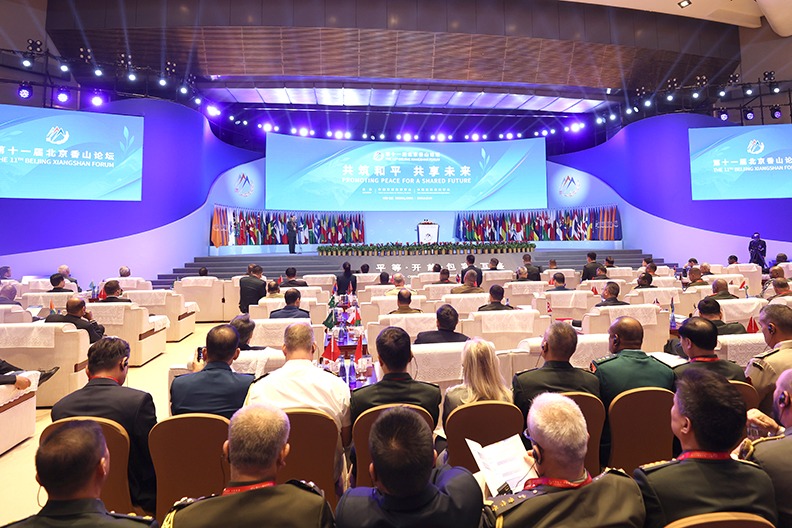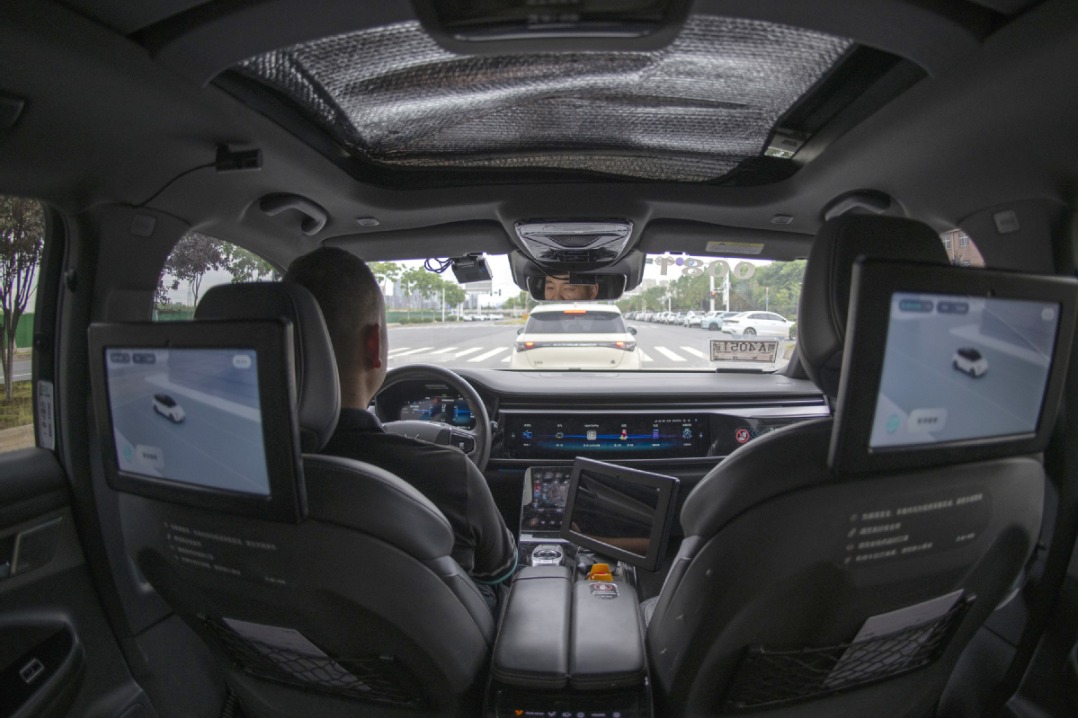Less overtime boosts consumption


A recent study on time spent on paid work conducted by Inner Mongolia University shows that the Chinese people devote relatively more time to paid work, highlighting the strong sense of responsibility ingrained in East Asian culture and China's effective protection of labor rights. Meanwhile the study also highlights the huge untapped potential for consumption growth.
The study, which compares the utilization of time by people in 15 countries, shows there are significant differences in the time people in different countries spend on paid labor. And based on the data for 2017 and 2021, the study found that the Chinese people spend more time on paid work (including work, work-related activities, and household management activities) than their counterparts in other countries.
The average daily time people in China spent on paid work in 2017 and 2021 was 5.51 hours per day, that is 1.71 hours per day more than the average of the sample countries. The amount of time Chinese people spend on paid labor and other activities is similar to that of people in Japan and South Korea, suggesting that cultural factors play a key role in determining how much time a person in a certain country spends on a specific activity in a day.
Compared with 2017, the average daily working time decreased by 0.55 hours per day, and overtime work rate decreased by 4 percentage points in 2021, while the severe overtime work rate increased by less than 1 percentage point. That means the overtime work phenomenon has been mitigated.
The comparative study of time utilization by couples in 2017 and 2021 shows men spent much more time on paid work than women, but spent much less time than women on unpaid work. This shows the pattern of "men working outside, women working inside" division of labor still exists.
In 2017, men on average spent 2.2 hours more than women on paid work per day, while in 2021 the gap between men and women in terms of time spent on paid work decreased to 1.86 hours a day, indicating a reduction in gender disparity in paid work.
Besides, the practice of nonstandard working hours significantly increased in 2021, with more and more workers choosing to work before 7 am or after 8 pm, indicating greater flexibility in working hours.
That the Chinese people now spend more time on paid labor shows strong labor rights protection. And the more paid work time than leisure time leads to a higher social accumulation rate and better prospects for future development.
Workers who spend less than 8 hours a day on paid labor have an average of 4.61 hours of social leisure time. For those working 8-11 hours a day, the average social leisure time has decreased to 2.42 hours, and for those working more than 11 hours, the average social leisure time is only 1.17 hours on average.
Working time has a crowding-out effect on leisure time, with more severe overtime work having a stronger crowding-out effect.
A simple regression estimate conducted to explore the magnitude of the crowding-out effect of working time on consumption shows that an increase of every 10 minutes of working time reduces total consumption time by 0.32 minutes.
Moreover, the crowding-out effect of working time on online shopping and banking service consumption is less pronounced. So employers should introduce flexible paid leave policies, such as moderately increasing the number of paid leave days for workers based on their seniority, performance, years of service and other factors. By moderately increasing paid leave days, enterprises can help raise the workers' consumption level, thereby facilitating the growth of the service industry.
Flexible work arrangements allow workers to independently schedule their work hours, better balance work and life, increase workers' efficiency and enhance their satisfaction level while raising the competitiveness of the company. The duration and timing of work should be fixed through negotiations between employers and employees, albeit employers can set the schedule for core working hours, and employees can decide the starting and closing time of the work schedule.
Online and remote working arrangements help workers decide their working hours, improve their work output and increase the efficiency for both the company and employees.
Furthermore, employers can set the number of days for remote work based on job requirements, evaluate performance and achieve maximized efficiency for both the employer and employees, boosting productivity, raising efficiency, and facilitating high-quality development.
Du Fenglian is vice-president of Inner Mongolia University and a professor at the university's School of Economics and Management; and Song Qi is a graduate student in Applied Economics at the same university. The views don't necessarily reflect those of China Daily.
If you have a specific expertise, or would like to share your thought about our stories, then send us your writings at opinion@chinadaily.com.cn, and comment@chinadaily.com.cn.
































